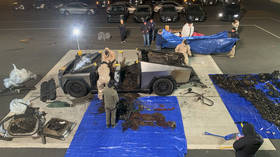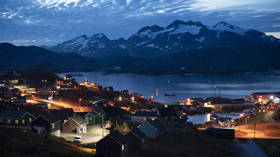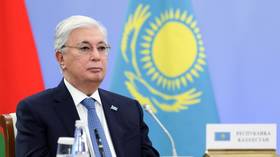Harsh drought forces Zimbabwe to sell wildlife
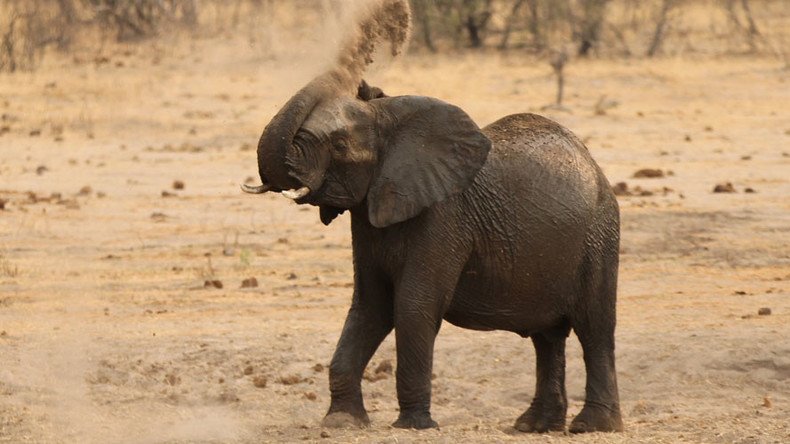
Drought-ravaged Zimbabwe is offering some of its wild animals for sale and use the income to save the remainder.
The country plans to “destock its parks”, inviting buyers “with the capacity to acquire and manage wildlife” to get in touch to register a bid, said a statement from Zimbabwe’s Parks and Wildlife Management Authority, known as Zimparks.
No details have been given on the cost, species or number of animals on offer.
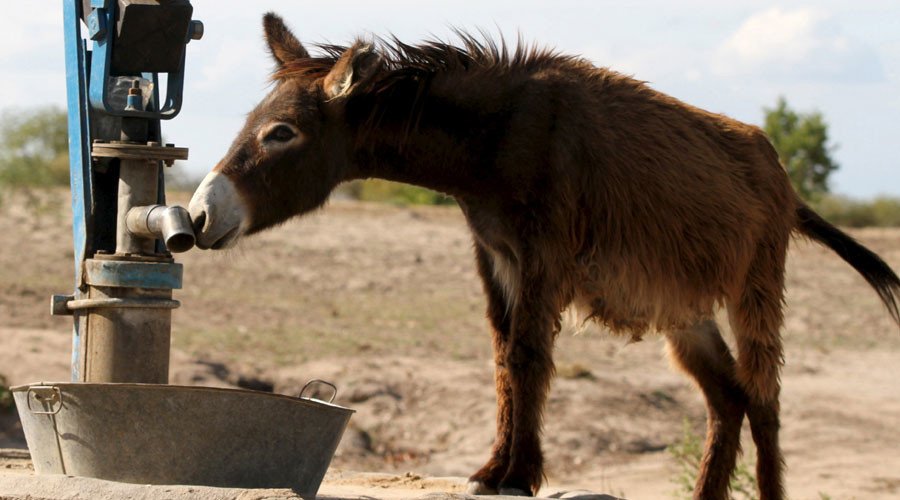
“We do not have a target. The number of animals depends on the bids we receive,” said Zimparks spokeswoman Caroline Washaya-Moyo as quoted by Reuters.
Selling the animals could give some of them a new home and lift the financial burden on the parks. The government has been underfunding the parks. The reserves cannot get by on what they earn by hunting and tourism services.
U.S. to feed half a million Zimbabweans until October after drought #Zimbabwehttps://t.co/OxZl4s08hepic.twitter.com/7fpkIFRBJN
— Reuters Africa (@ReutersAfrica) April 20, 2016
Last year, Zimbabwe exported 60 elephants with half of them going to China, where the animals are highly valued for their tusks. Some 54,000 of the country’s 80,000 elephants are held in the western Hwange National Park. That is four times more than the area is supposed to hold.
Zimbabwe's tobacco farmers hit by drought https://t.co/Jyy3BYELjLpic.twitter.com/RCjr4C0grT
— Shun Alexãndër (@lee_young_jae) April 23, 2016
Without any rivers, Hwange has not been able to find sponsors to pumping out underground wells. The existing critical water shortage has only been worsened by a drought.
The private Bubye Conservancy game park could be forced to kill 200 lions to reduce over-population, the local media reported in February.
#Cecil effect: #Zimbabwe park may kill 200 #lions as discouraged hunters result in over-population https://t.co/z90JAweYS6
— Christina Richardson (@clrson5) February 24, 2016
A drastic drought across the region has severely hit more than four million Zimbabweans, destroying crops, from maize to tobacco. In February, Zimbabwe’s President Robert Mugabe declared a state of disaster in rural areas affected by the drought. That same month, Water and Climate Minister Oppah Muchinguri-Kashiri promised to drill 12,000 boreholes to reach water.



